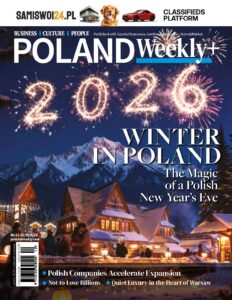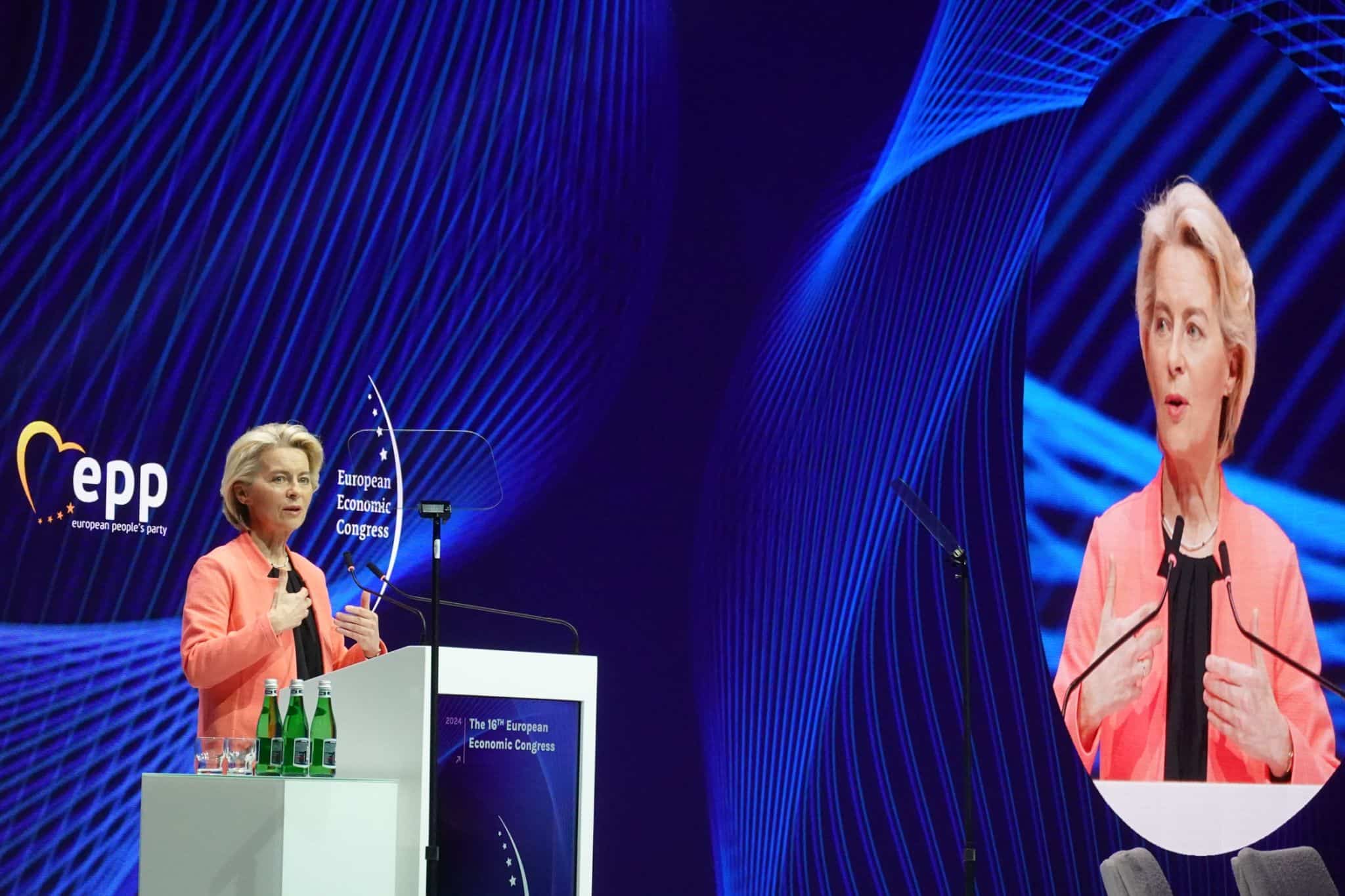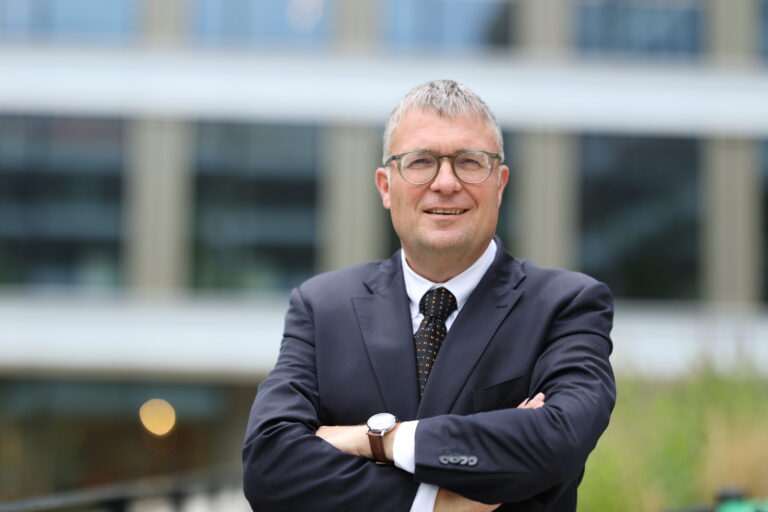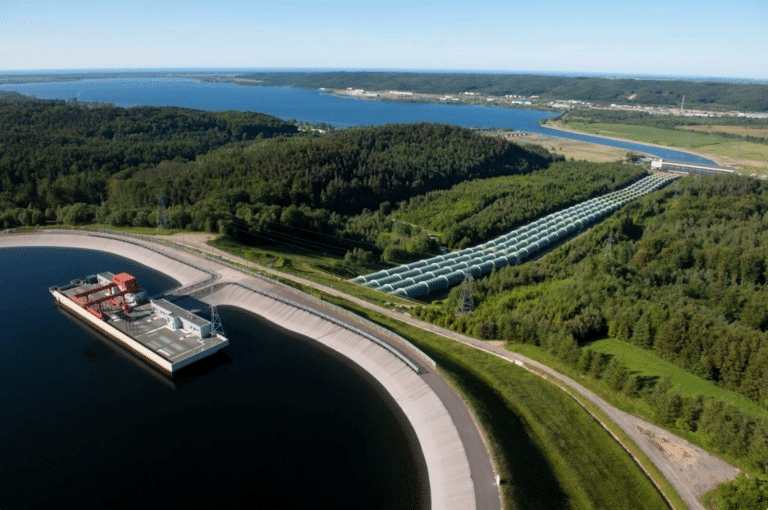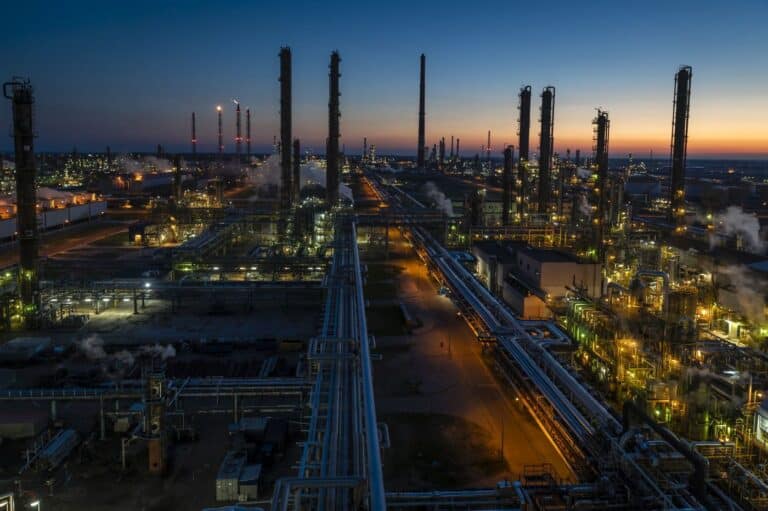Can the Von der Leyen plan save Europe?
As far-right groups across Europe build on anti-immigration sentiment and doubts over the EU’s climate policy in the run-up to European Parliamentary elections in June, the President of the European Commission, Ursula von der Leyen, arrived in the capital of Silesia, Katowice, for the 16th European Economic Congress in Katowice on May 7 to present her “plan for Europe.”
“The elections to the European Parliament are about standing up to enemies,” the candidate of the center-right European People’s Party (EPP) said. “But it’s not just about confronting the enemies who await us from the outside, but also about stopping their puppets from the inside. It is about our democracy, security and prosperity in increasingly unstable times,” she noted. “There is currently a war in Eastern Europe declared by the authoritarian regime of Vladimir Putin.”
“I came to Poland to announce that I want to build a coalition for a strong Europe with [Polish prime minister] Donald Tusk and his party, Civic Platform (PO). A coalition that will bolster the center to oppose extremes and make Europe stronger, more prosperous and safer,” she said in an interview with the Polish press agency PAP. “And Poland has made the EU much stronger and more complete,” she added. “The desire for freedom and democracy, the desire to shape our own future, lies deep in the Polish nation. Poland is back.”
The far right is expected to make significant gains, including in France, which could have a major impact on the balance of power in the EU parliament, where France holds 81 seats, second only to Germany. Politico reported in March that the far-right Identity and Democracy (ID) group in the European parliament, including France’s National Rally (RN), Alternative for Germany (AfD) and PVV in the Netherlands, has 1.3 million followers on TikTok, while the EPP has 167,000.
Arms maketh the woman
“The arms race begins again and Europe cannot be left behind. The first task is the urgent need to expand and transform Europe’s armed forces – we strive to expand our operational capabilities,” said the head of the European Commission.
“This means turbocharging our defense industry over the next five years. Europe must spend more, better and in a European way,” von der Leyen said, also announcing the appointment of a new position of commissioner for defense. Tusk, in turn, spoke about the need to create one air defense “dome” over the EU.
EU unblocks Polish cash
When asked about the early May decision to suspend the Commission’s procedure of Article 7 blocking EU funds to Poland, von der Leyen said that over the last few months, the EC had seen “the work of the Polish government to restore the rule of law in the country. Poland’s strong voice showed us that you are ready to strengthen democracy. This enabled the commission to propose closing the procedure under Article 7 […] I know the government is working very hard to make sure all the milestones are met. All this improves the European economy.”

“We all speak with one voice. Never in the history of the EU has there been such unanimity when it comes to priorities – about what needs to be done in each country here and now, without hesitation,” said Tusk. “Today, Poland is a European leader in matters that concern the future of Europe. Starting from security, ending with a common-sense approach to institutions,” he added.
“Today, only a blind person or someone with bad will could pretend that everything is as before. History and politics have returned to us in this most physical, brutal and hard dimension. Europe and the EU must become a safe place thanks to their own efforts, including armed ones,” Tusk said. “Europe will and must be prepared over the next several months and the next five years so that no power in the world will dare to raise a hand against it.”
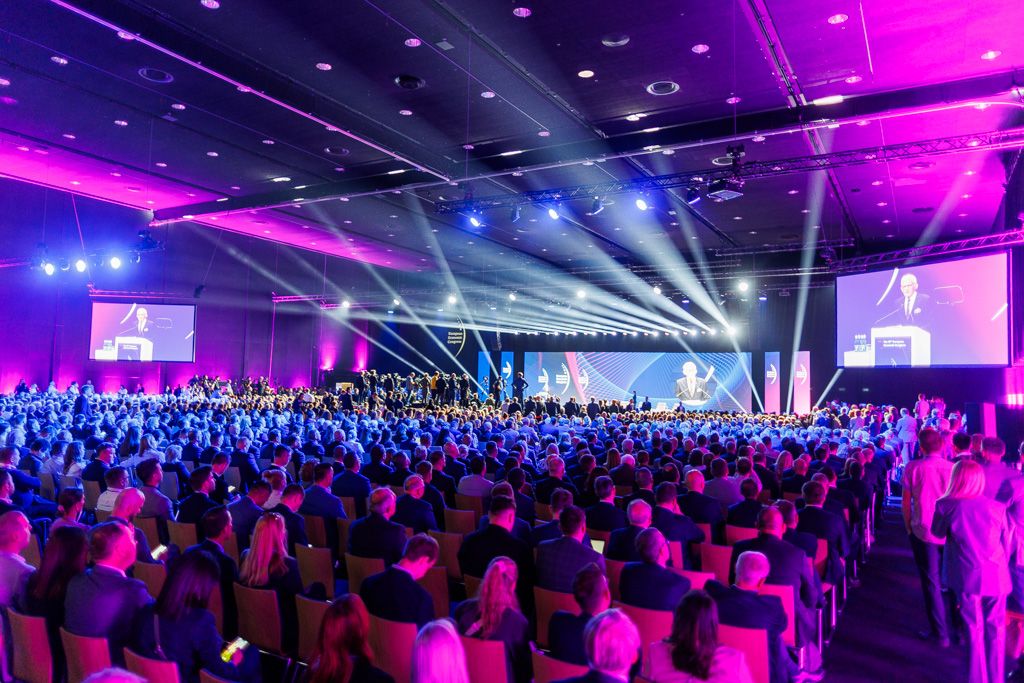
“Europe as a territory must be safe, therefore it needs strong borders. I would like words to flow from Poland that it is countries and regimes hostile to Europe that are jointly organizing de facto hybrid aggression, taking advantage of defenseless people and the weakness of our borders,” said Tusk, adding that the EU’s borders must be “absolutely guarded,” a reference to an EU decision to create a cross-national migrant management regime. “The Community should protect its own citizens first and foremost.
“We must be aware that Europe is a unique geographical place and historical phenomenon. Never and nowhere has there been a place so beautiful in the sense of political civilization. If we say that we must protect the essence of Europe, we are talking about our culture, including rare languages,” Tusk said, asking the audience if they knew the difference between “anti-Europe” and the political East from the West. “It differs in the same way that Donbas differs from Silesia today. Two similar nations, two in some sense similar places, mining basins,” he said.
